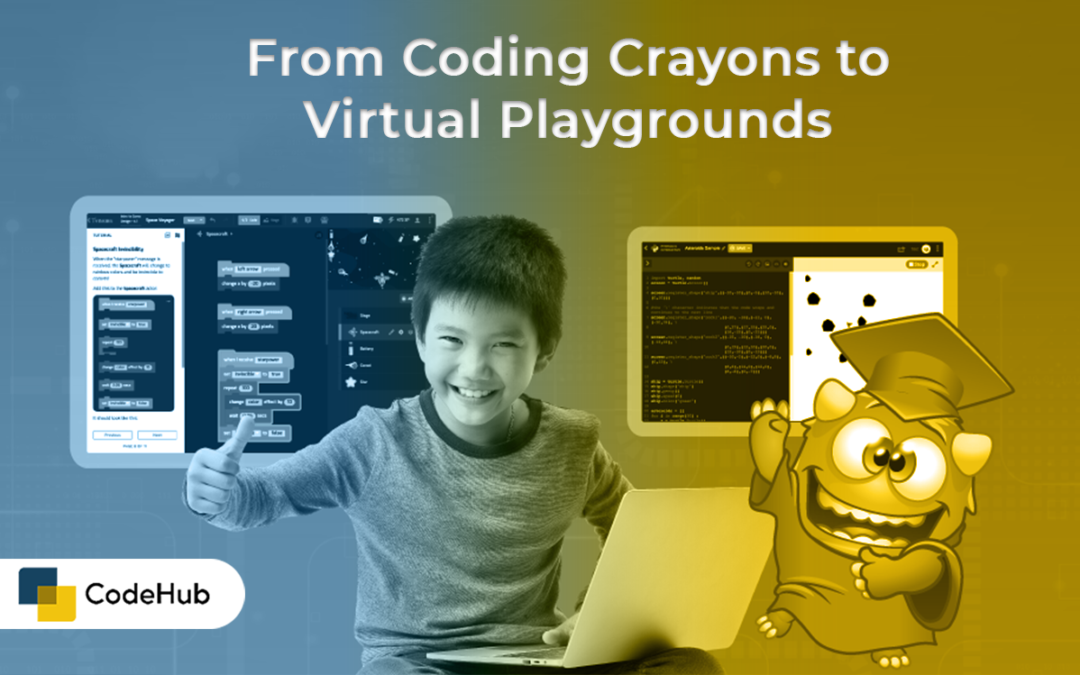Coding is not just a skill for adults, but also a fun and creative way for kids to express themselves and learn new things. Coding can help kids develop logical thinking, problem-solving, and creativity, as well as prepare them for the future where technology will be ubiquitous and essential. But how can parents and educators nurture tech-savvy kids in a digital age? Here are some tips and resources to get started.
- Start early and make it fun. Coding is like learning a new language, and the earlier you start, the easier it is. There are many coding tools and apps that are designed for young children, such as [Coding Crayons], [ScratchJr], and [CodeSpark Academy]. These tools use colorful graphics, sounds, and animations to teach kids the basics of coding, such as sequences, loops, variables, and functions. Kids can create their own stories, games, and art with code, and share them with others. Coding can also be integrated with other subjects, such as math, science, and art, to make learning more engaging and meaningful.
- Encourage exploration and experimentation. Coding is not only about following instructions, but also about discovering new possibilities and creating new things. Kids should be encouraged to explore different coding tools and platforms, such as [Code.org], [Tynker], and [Codecademy], that offer a variety of courses, projects, and challenges for different ages and levels. Kids should also be encouraged to experiment with different code blocks, parameters, and inputs, and see what happens. They can learn from their mistakes, debug their code, and improve their solutions. Coding is a process of trial and error, and kids should not be afraid to fail or make mistakes.
- Provide guidance and support. Coding can be challenging and frustrating at times, especially for beginners. Kids may need some guidance and support from parents or educators to overcome difficulties and stay motivated. Parents or educators can help kids by asking questions, giving hints, or providing feedback. They can also help kids by finding online or offline communities where they can interact with other coders, such as [CoderDojo], [Girls Who Code], and [Code Club]. These communities can provide kids with mentors, peers, and resources to learn from and collaborate with. They can also inspire kids by showcasing examples of what they can do with code, such as [Hour of Code], [CS First], and [Made with Code]. These examples can show kids the real-world applications and impacts of coding, such as creating games, apps, websites, animations, music, art, robots, etc.
- Celebrate achievements and progress. Coding is not only about the final product, but also about the journey. Kids should be celebrated for their achievements and progress in coding, no matter how big or small. Parents or educators can praise kids for their efforts, creativity, and perseverance. They can also reward kids with certificates, badges, stickers, or other incentives. They can also showcase kids’ work to others by sharing it online or offline. This can boost kids’ confidence, self-esteem, and pride in their work.
Coding is a valuable skill that can benefit kids in many ways. By following these tips and using these resources, parents and educators can nurture tech-savvy kids in a digital age. Coding is not only a way of learning new things but also a way of having fun and expressing oneself. Coding is not only for adults but also for kids. Coding is not only for the future but also for the present.

